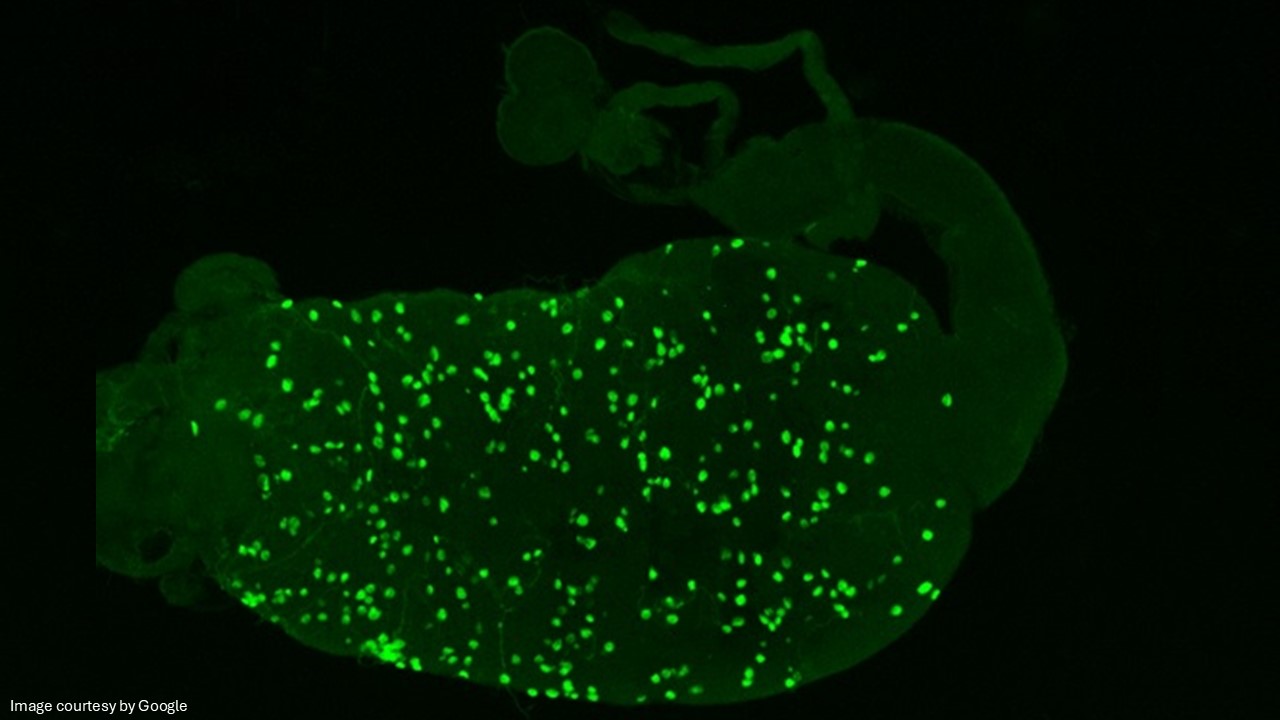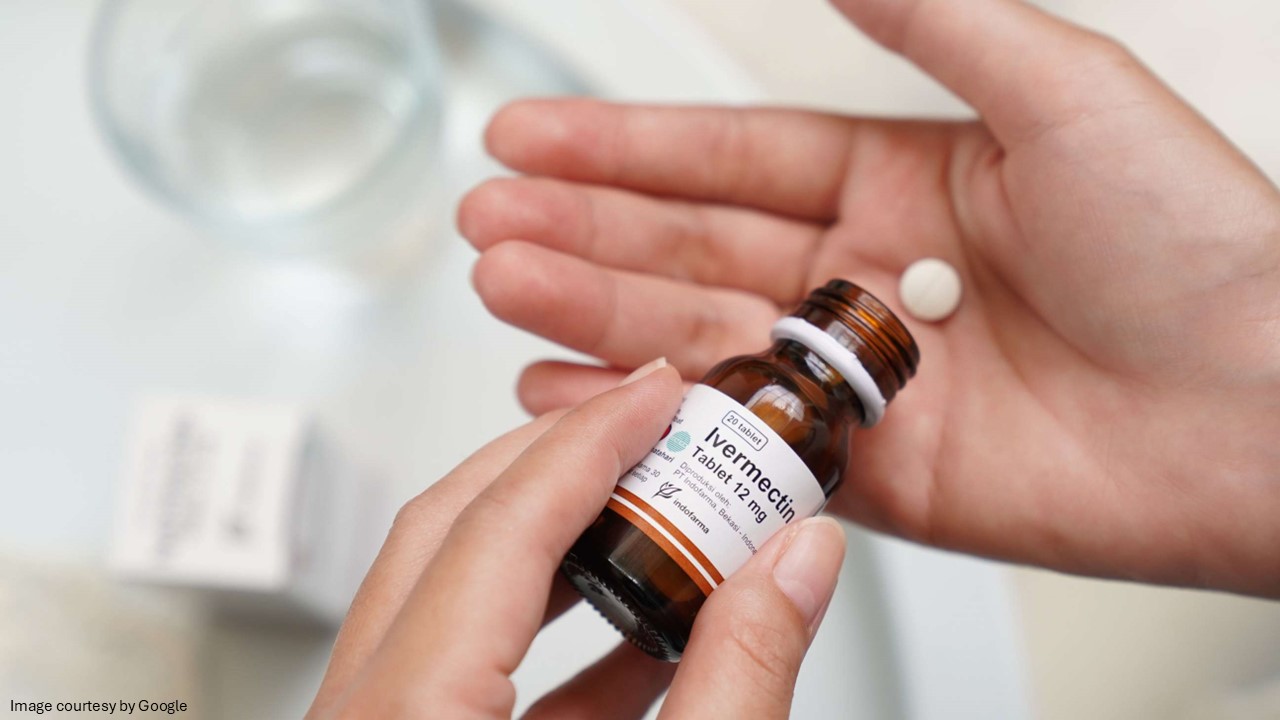Ivermectin has become a versatile pharmaceutical agent over the past few decades. Its antiparasitic, antiviral, anti-inflammatory, and anticancer properties were explored.
Introduction: Ivermectin
Since its discovery, Ivermectin has become a multifaceted drug. Well known for its use in the clinical field, it has a significant impact on human health, treating millions of individuals worldwide. Since its introduction, the pharmaceutical agent has revolutionized the treatment and control of a wide range of parasitic infections.
After its successful use as a powerful anthelmintic drug, Ivermectin was recognized by scientists and healthcare experts for its effectiveness against Onchocerca volvulus (a parasite). The medication was then clinically tested for its antiparasitic effects, which led to its clinical approval and marketing for therapeutic use later. Ivermectin was first introduced in the treatment of onchocerciasis, also known as river blindness, and has evolved as a first-line treatment for a wide range of parasitic infections.
Ivermectin safety: Ivermectin is available for oral administration. However, recent studies have demonstrated its effectiveness topically as well. The safety and effectiveness have been established in adults with a significantly low rate of side effects.
Let’s begin with Ivermectin uses:
Ivermectin prescription: Today, Ivermectin is used for treating a wide range of nematode infections, including strongyloidiasis, onchocerciasis, cutaneous larva migrans (CLM), ascariasis, loiasis, trichuriasis, gnathostomiasis, filariasis, arthropod infestations caused by Sarcoptes scabiei, pediculosis and Demodex. The pharmaceutical agent is currently being researched for treating mosquito-borne parasitic infections (Malaria). Although the antiparasitic effects of the medicine are well-documented, the anti-inflammatory properties of Ivermectin have also been discovered. It also gets clinically tested for the treatment of rosacea. Emerging studies suggest that the drug may be a promising option for anticancer treatment. Numerous research studies have demonstrated its antiviral activity against a wide range of viruses, leading to its exploration for use in treating SARS-CoV-2 during the global pandemic. Ivermectin was developed and tested for its antiparasitic effects in numerous clinical trials. Today, Ivermectin continues to surprise scientists, offering increasingly promising support to help global public health by successfully treating a wide range of conditions.

Therapeutic activities of Ivermectin:
- Ivermectin antiparasitic activity
The introduction of Ivermectin as an antiparasitic drug in the medical field paved the way for its treatment of parasitic infections in humans, which was its primary use in humans. The pharmaceutical agent was initially discovered to treat onchocerciasis and has been shown to control and eliminate the infection through excessive administration. It is indicated for a wide range of parasitic infections, including loiasis, ascariasis, scabies, cutaneous larval migrans (CLM), pediculosis, strongyloidiasis, and gnathostomiasis. Data revealed that approximately 250 million people use this medication per year to control various parasitic conditions.
Scabies: It is defined as a parasitic skin infection caused by the mite Sarcoptes scabiei. Symptoms generally worsen at night, which includes a significant pruritic rash that is popular and often symmetrically distributed. The skin infection affects areas such as the axillae, hip area, waistline, and interdigital spaces of the hands and feet. According to information released by the Centres for Disease Control and Prevention, scabies is transmitted through direct and prolonged skin-to-skin contact with an infected individual. It is believed that the infected host can spread their parasitic infection even in the absence of symptoms. Here, it is essential to note that scabies only transmits from person to person, and animals do not transmit the infection. Permethrin has been considered the first-line treatment for scabies. Oral and topical Ivermectin have been clinically tested for the treatment of scabies. The role of Ivermectin in treating scabies is based on its mechanism of action as an antiparasitic agent. A research report demonstrated that the combination treatment, consisting of oral Ivermectin and topical permethrin (one of the commonly used topical anti parasitic medicines), is safe and can even enhance the effectiveness of each pharmaceutical agent.
Malaria: The potential role of Ivermectin, an antiparasitic drug, in managing malaria lies in its impact on vector control and transmission. To control the infection, it is important to prevent human-to-vector transmission of the plasmodium parasite. Ivermectin tablets have been shown to kill mosquitoes after they have taken a blood meal, thereby preventing the transmission of the Plasmodium parasite from one individual to another. A research study showed a significant reduction in the incidence of uncomplicated malaria in children over five years of age.
- Anti-inflammatory activity
The anti-inflammatory activity of Ivermectin has recently been observed. It is also known for its use as an antihelminthic agent. The pharmaceutical agent is not known to suppress inflammatory responses. The ability of Ivermectin to modulate the release of proinflammatory cytokines plays a key role in treating various pathological conditions.
Rosacea: Rosacea is a progressive, inflammatory condition. The chronic skin condition can have a significant impact on the self-esteem and quality of life of affected individuals. Currently, there is no cure for rosacea. Most approved medications in the market provide symptomatic relief. Topical metronidazole, azelaic acid, and Ivermectin are all approved medications for the treatment of rosacea. Low-dose isotretinoin and doxycycline also help manage rosacea. The antiparasitic properties are believed to play an additional role in treating rosacea by reducing Demodex mite infection and providing relief from the symptoms. Research demonstrated Ivermectin is an effective treatment option for papulopustular rosacea. It is believed to be more effective than topical metronidazole.
- Antiviral activity
Ivermectin may have antiviral effects against viruses such as dengue, human immunodeficiency virus type 1 (HIV-1), Venezuelan equine encephalitis virus, West Nile virus (WNV), and SARS-CoV-2 (the virus that causes COVID-19).
Adenoviruses are generally known to cause mild symptoms, but individuals who are immunocompromised or vulnerable can develop severe disseminated disease (a disease that spreads beyond its original site to multiple organs or tissues within the body). One of the biggest challenges is that there is no known effective antiviral medicine to treat diseases caused by Adenoviruses. The emerging antiviral mode of action has recently been uncovered, paving the way for future in vivo studies on the effectiveness of Ivermectin in managing viral conditions.
- Anticancer activity
The multifaceted nature of Ivermectin continues to unfold, with research on its role as an anticancer agent. Research has demonstrated that the pharmaceutical agent can inhibit tumorigenic cell proliferation through different pathways. The role of Ivermectin in the management of different cancers has been determined. The mechanism of action of the medicine varies among others. The promising research findings support further investigations of the mode of action of Ivermectin in breast cancer. This could pave the way for its usage as a therapeutic agent in the management of breast cancer.
Conclusion
Ivermectin serves multiple purposes, with potential applications extending beyond its established antiparasitic role. Apart from Ivermectin’s antiparasitic activity, its anti-inflammatory properties also show promise in managing inflammatory skin conditions. Moreover, emerging research uncovered its potential as an anticancer agent. Self-medication or the use of Ivermectin outside the approved FDA indication is strongly prohibited due to the high risk of Ivermectin side effects. It is extremely important to consult a healthcare provider for an accurate diagnosis and an appropriate Ivermectin dosage guide.




